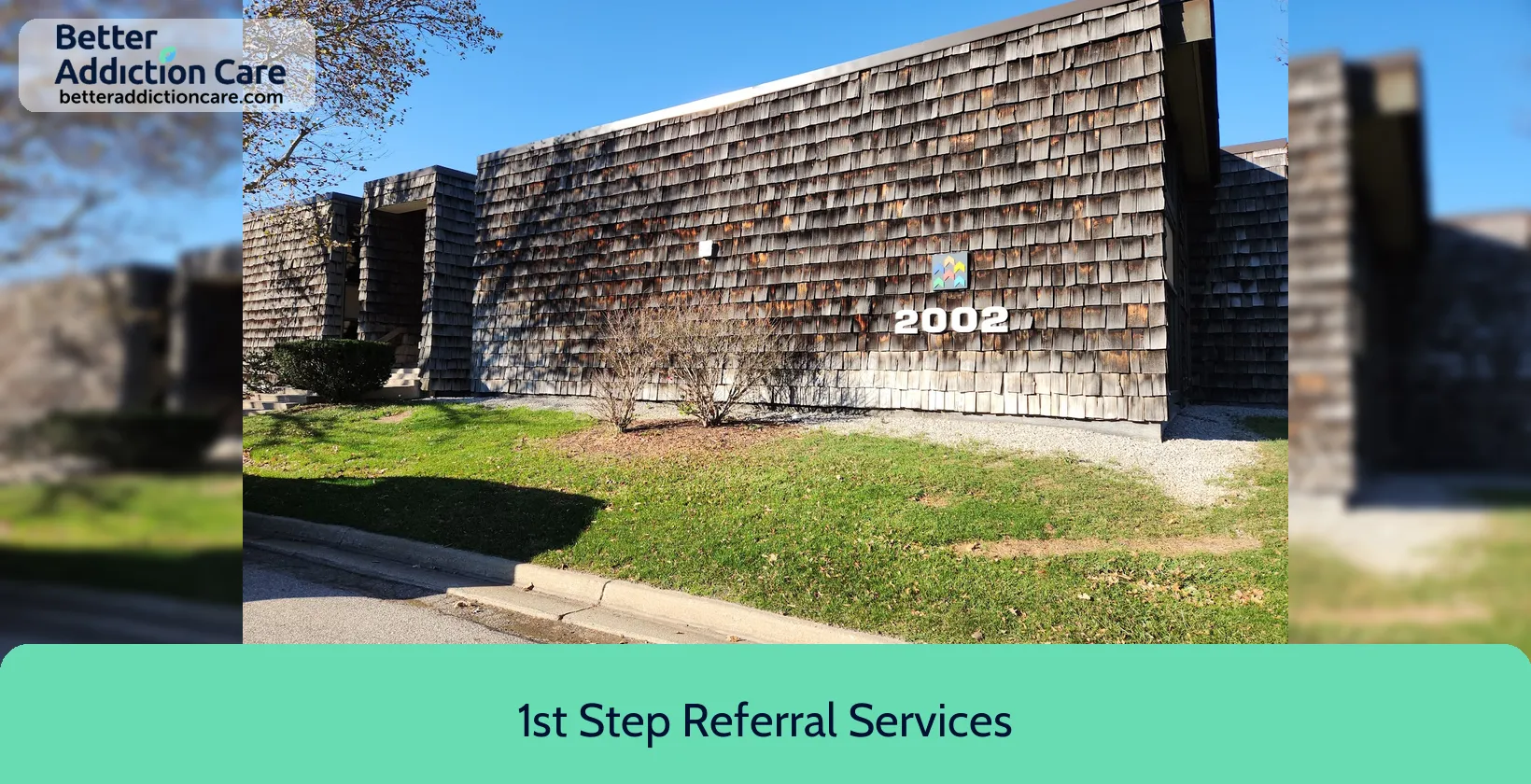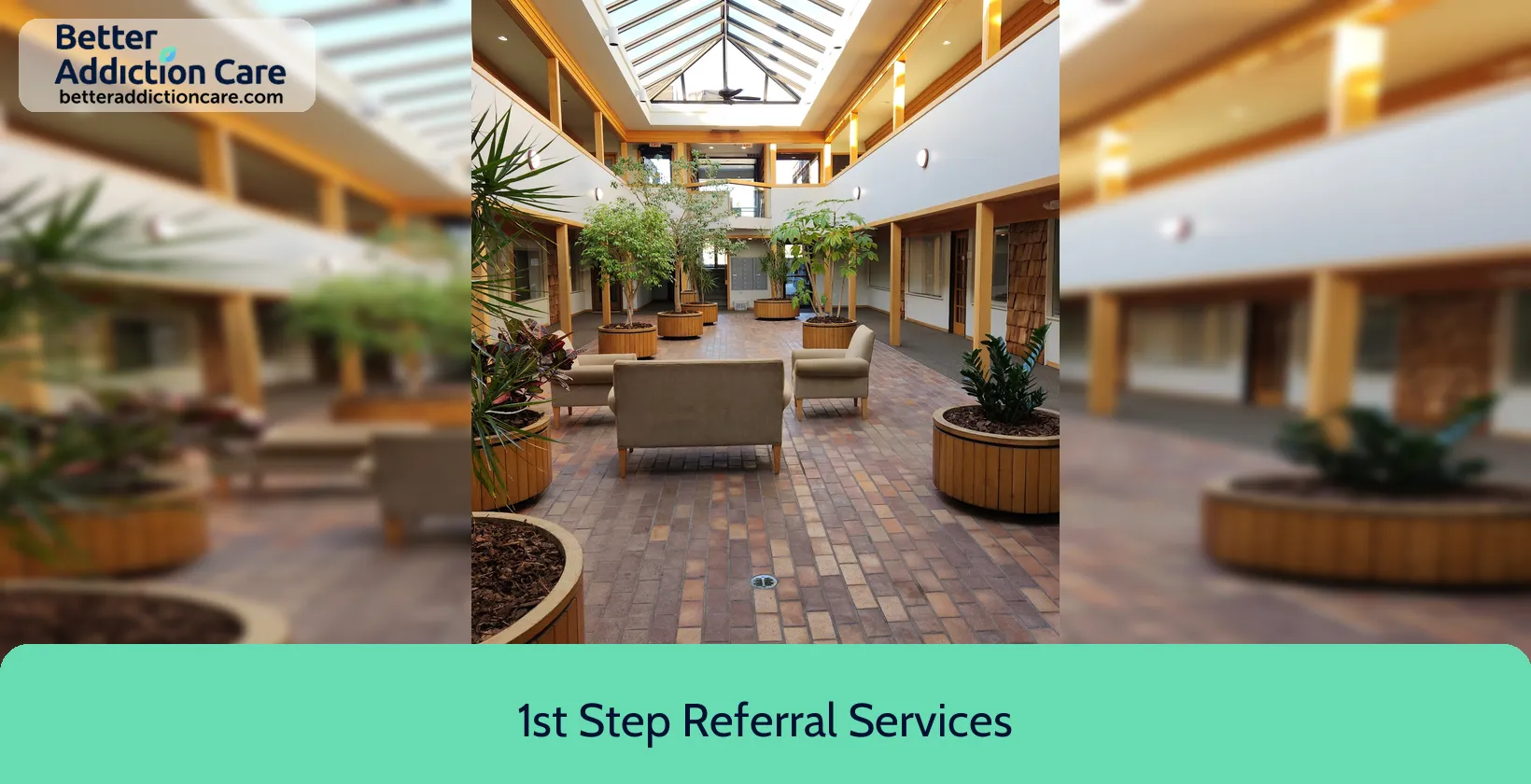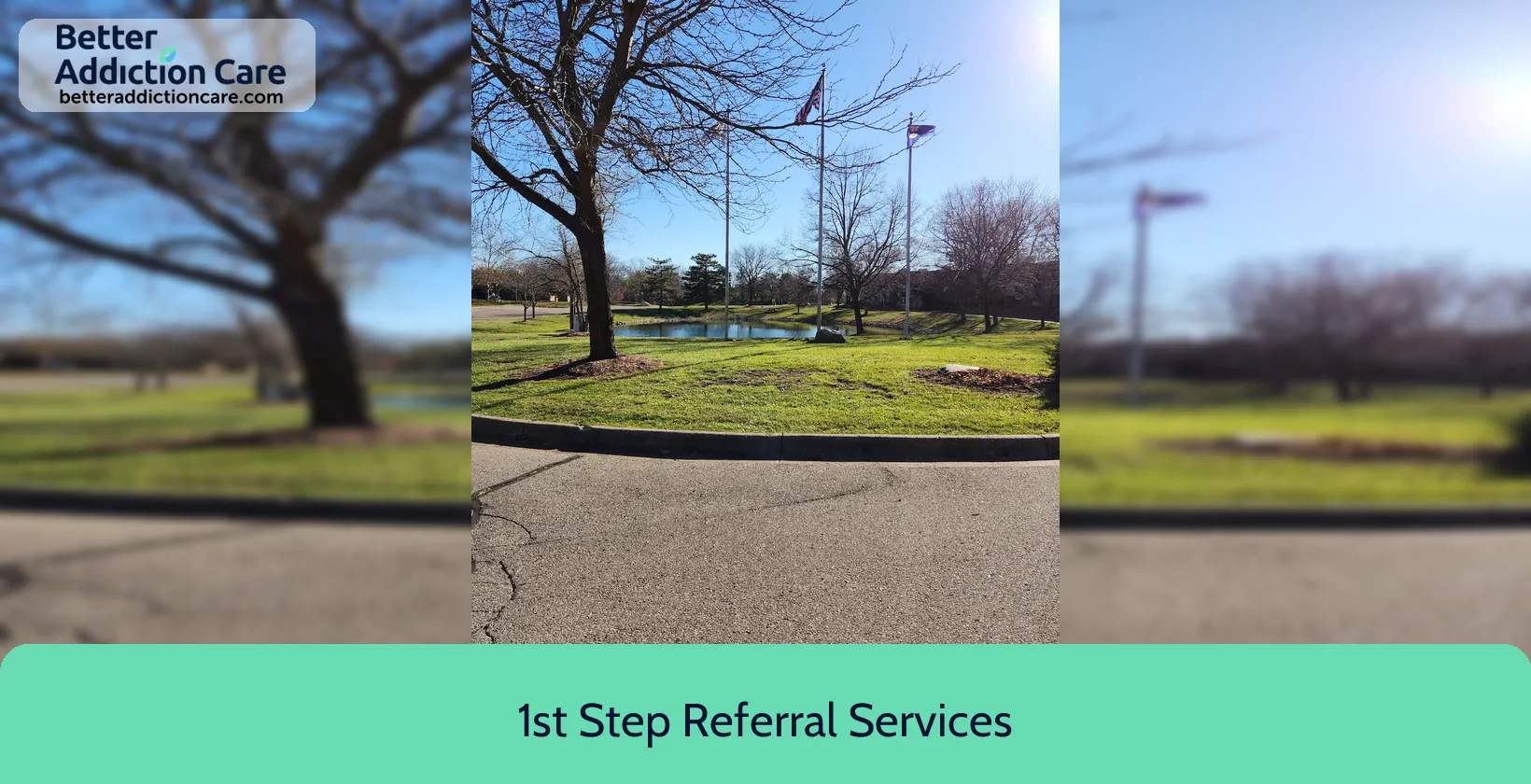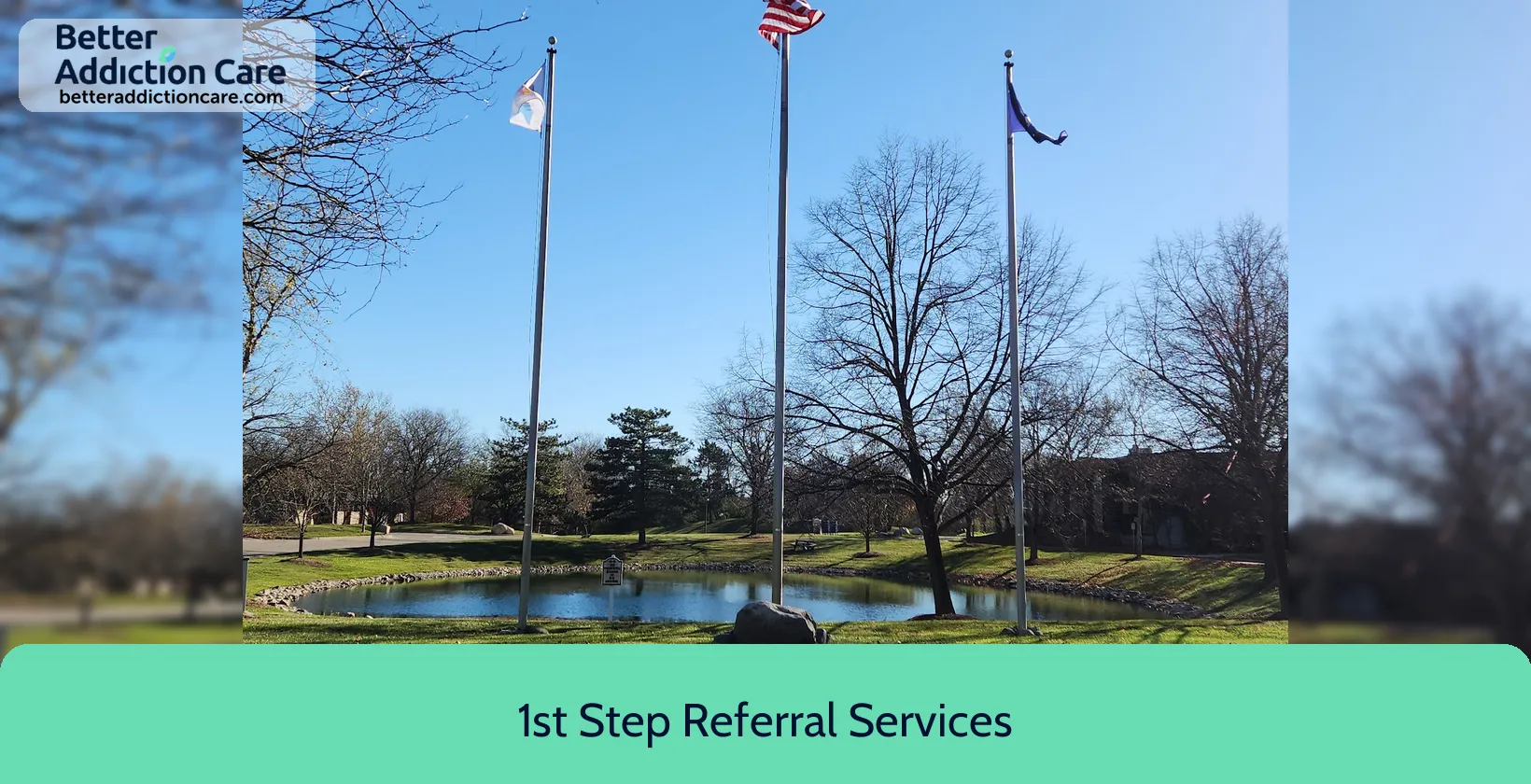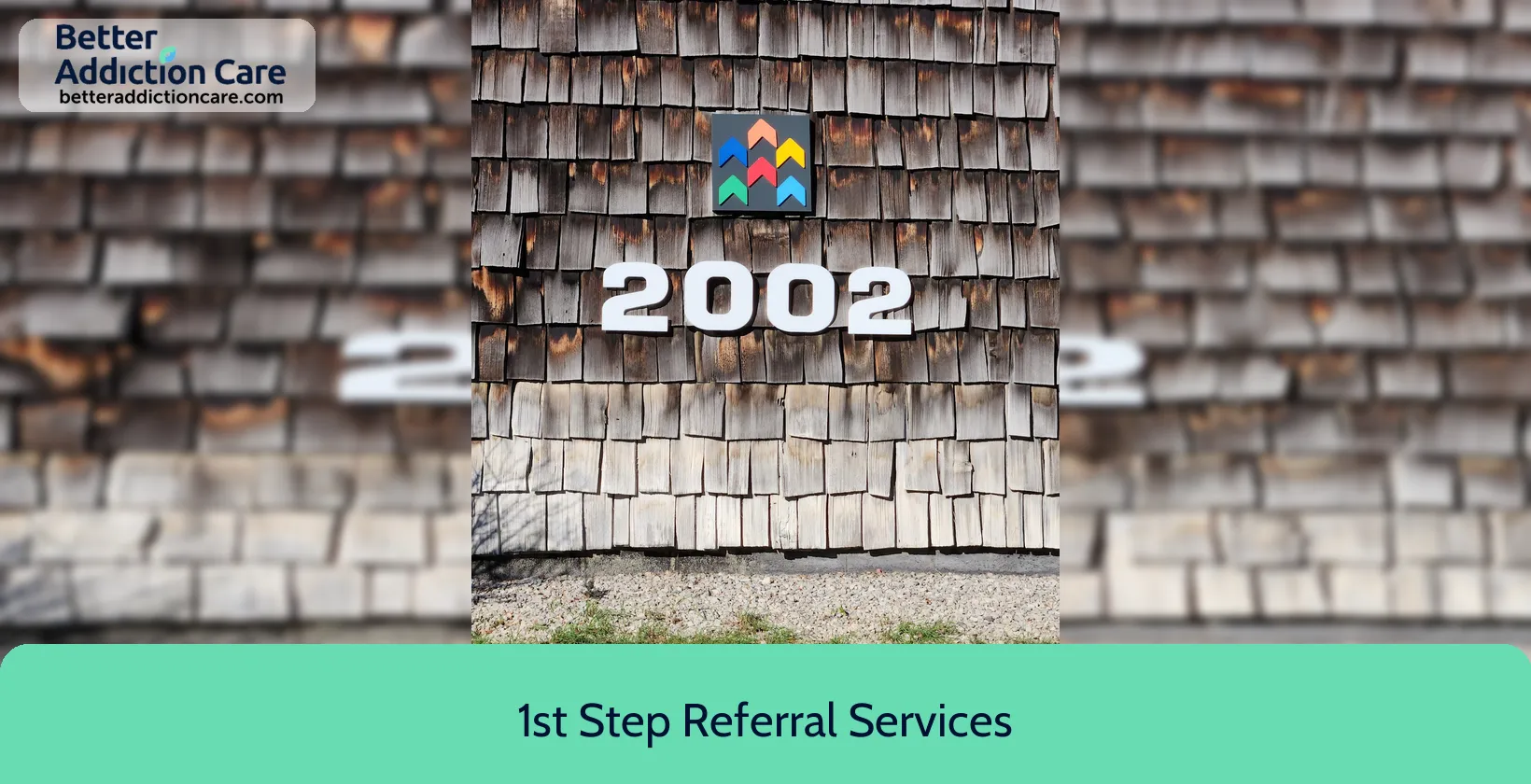1st Step Referral Services
Overview
1st Step Referral Services is an substance abuse treatment center that provides outpatient treatment for men and women between 18 and 65+ years of age. As part of their special programs, 1st Step Referral Services treats clients with co-occurring mental and substance use disorders, veterans, and active duty military. To help patients achieve sobriety, 1st Step Referral Services provides intake assessments. Afterward, patients receive cognitive behavioral therapy, telemedicine/telehealth therapy, and substance use disorder counseling during treatment. 1st Step Referral Services is located in Ann Arbor, Michigan, providing treatment for people in Washtenaw County, accepting cash or self-payment, medicaid, and private health insurance.
1st Step Referral Services at a Glance
Payment Options
- Cash or self-payment
- Medicaid
- Private health insurance
- Sliding fee scale (fee is based on income and other factors)
- SAMHSA funding/block grants
Assessments
- Screening for tobacco use
- Comprehensive mental health assessment
- Comprehensive substance use assessment
- Interim services for clients
- Outreach to persons in the community
Age Groups
- Seniors or older adults
- Adolescents
- Young adults
- Seniors
Ancillary Services
- Case management service
- Specially designed program for DUI/DWI clients
- Mental health services
- Social skills development
Highlights About 1st Step Referral Services
6.89/10
With an overall rating of 6.89/10, this facility has the following balanced range of services. Alcohol Rehabilitation: 8.00/10, Treatment Options: 7.58/10, Drug Rehab and Detox: 6.00/10, Insurance and Payments: 6.00/10.-
Alcohol Rehabilitation 8.00
-
Treatment Options 7.58
-
Drug Rehab and Detox 6.00
-
Insurance and Payments 6.00
Treatment At 1st Step Referral Services
Treatment Conditions
- Mental health treatment
- Alcoholism
- Substance use treatment
- Co-occurring Disorders
Care Levels
- Outpatient
- Regular outpatient treatment
- Aftercare
Treatment Modalities
- Cognitive behavioral therapy
- Telemedicine/telehealth therapy
- Substance use disorder counseling
- Trauma-related counseling
- Smoking/vaping/tobacco cessation counseling
Ancillary Services
Additional Services
- Pharmacotherapies administered during treatment
- Discharge Planning
- Breathalyzer or blood alcohol testing
Special Programs
- Clients with co-occurring mental and substance use disorders
- Veterans
- Active duty military
- Criminal justice (other than DUI/DWI)/Forensic clients
- Pregnant/postpartum women
Get Help Now
Common Questions About 1st Step Referral Services
Contact Information
Other Facilities in Ann Arbor

7.08

6.97

6.56

7.45
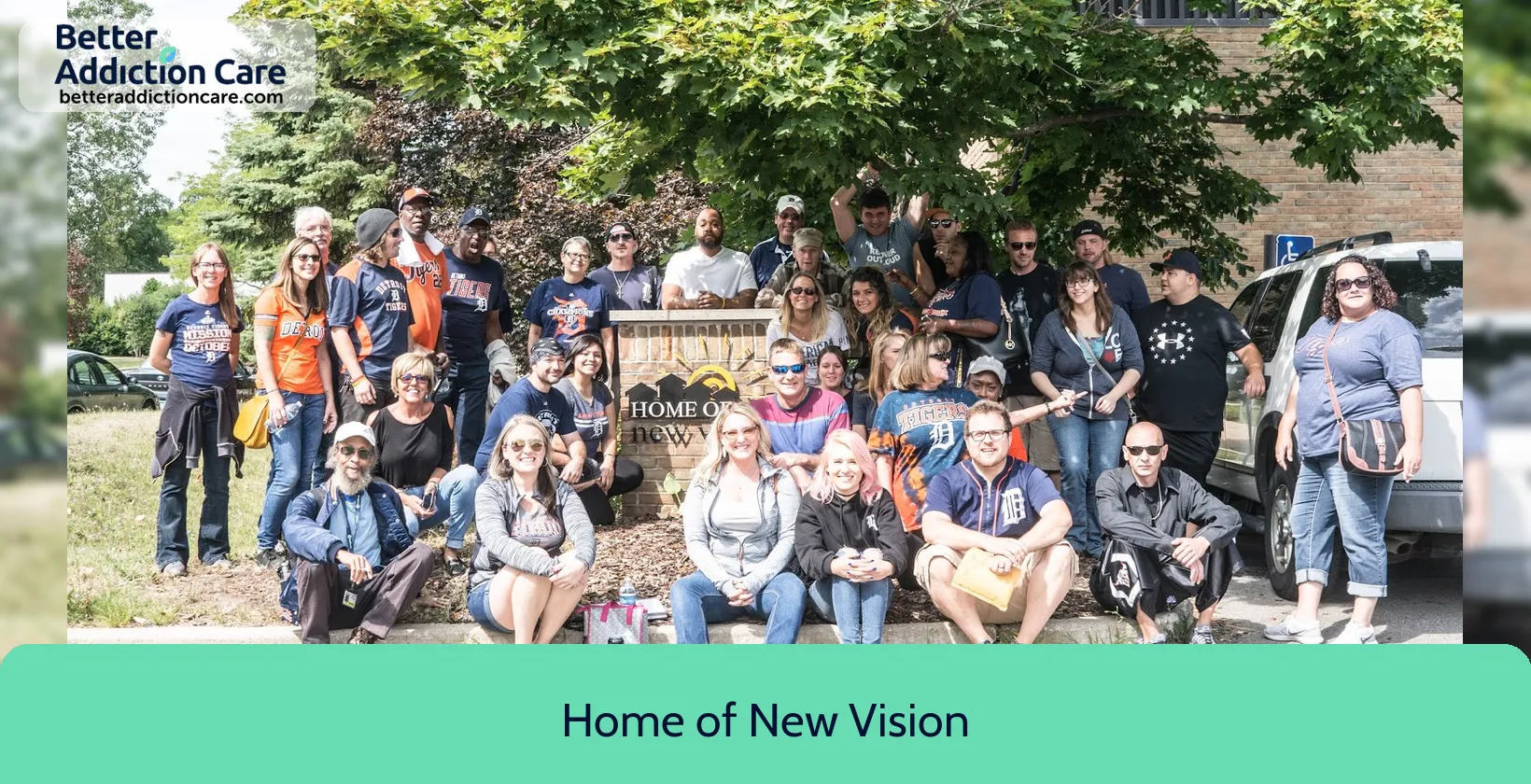
7.11
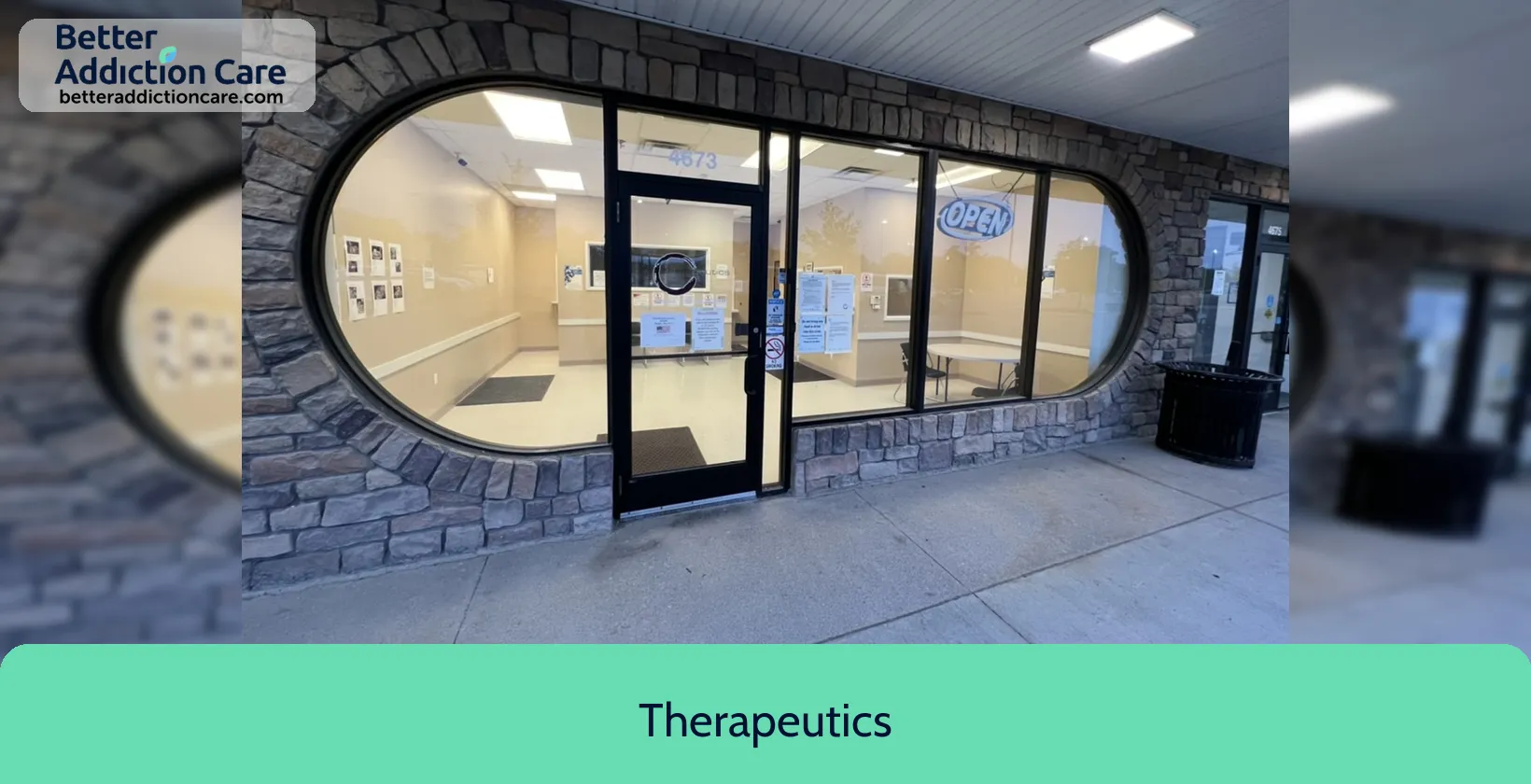
7.45

7.42
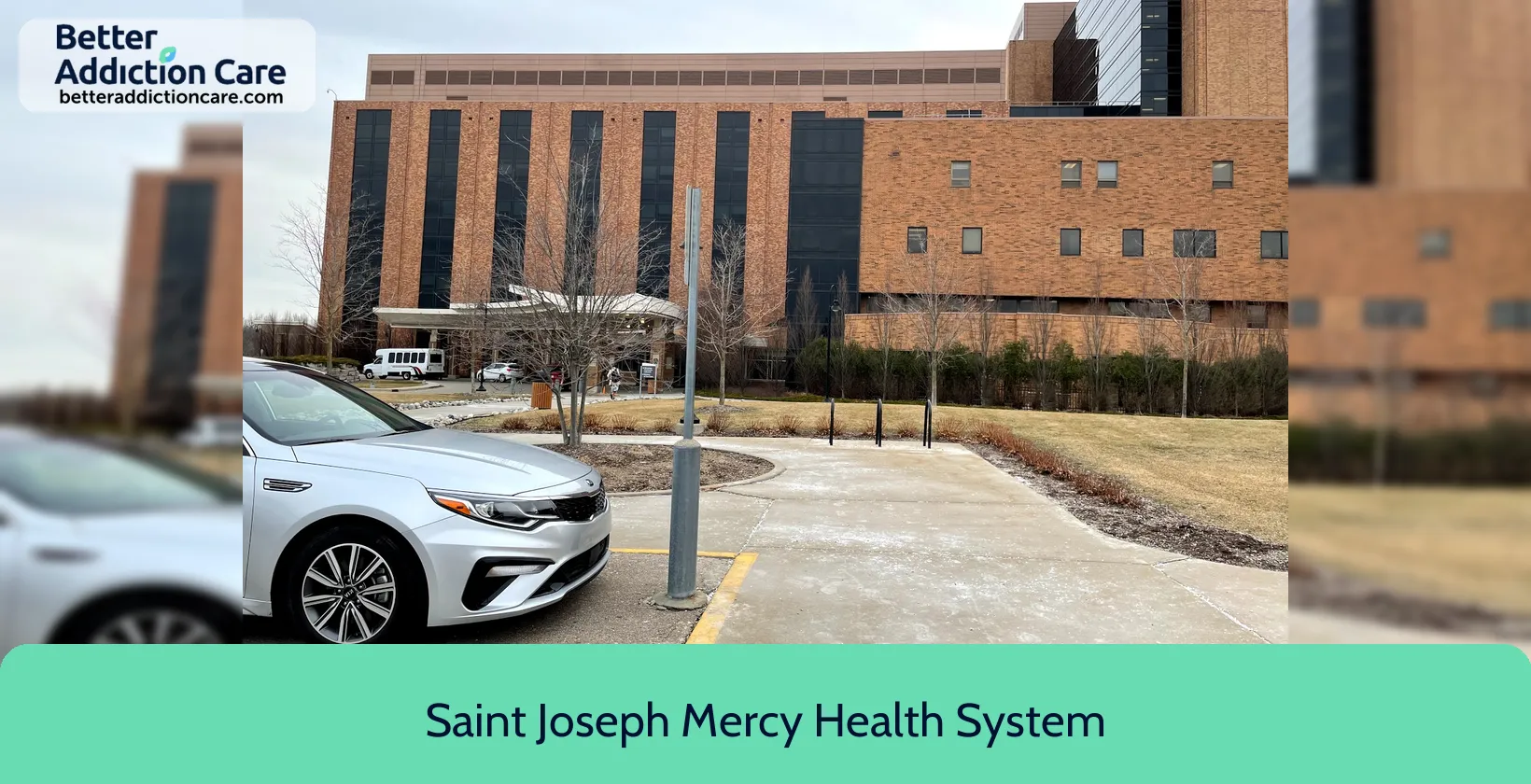
6.62
DISCLAIMER: The facility name, logo and brand are the property and registered trademarks of Saint Joseph Mercy Health System - Behavioral Health - Greenbrook Recovery, and are being used for identification and informational purposes only. Use of these names, logos and brands shall not imply endorsement. BetterAddictionCare.com is not affiliated with or sponsored by Saint Joseph Mercy Health System - Behavioral Health - Greenbrook Recovery.
